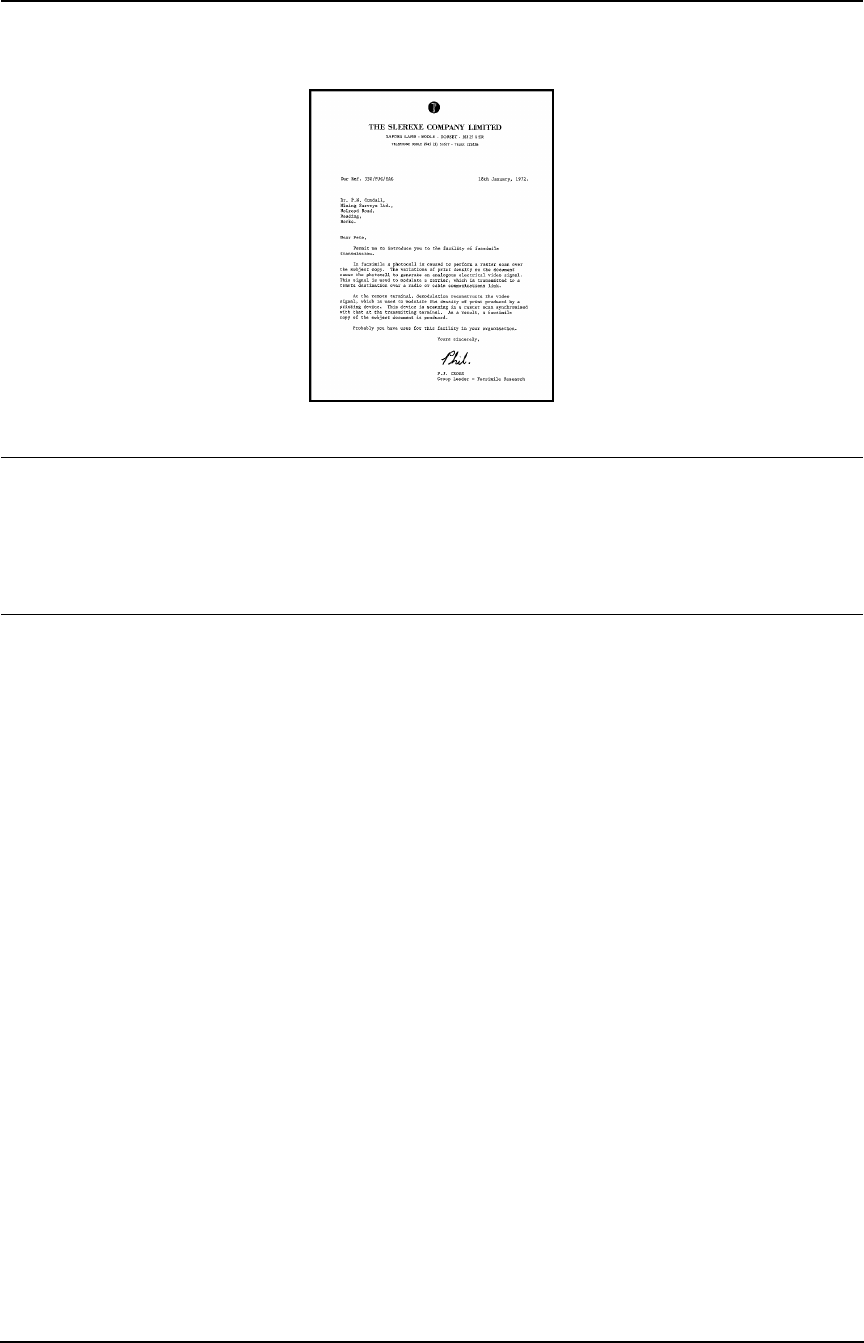
11. General Information
95
Paper specifications
Note for recording paper:
L Do not use the following types of paper:
– Paper with a cotton and/or fiber content that is over 20%, such as letterhead paper or paper used
for resumes
– Extremely smooth or shiny paper, or paper that is highly textured
– Coated, damaged or wrinkled paper
– Paper with foreign objects attached, such as tabs or staples
– Paper which has dust, lint or oil stains
– Paper that will melt, vaporize, discolor, scorch or emit dangerous fumes near 200°C (392°F), such
as vellum paper. These materials may transfer onto the fusing roller and cause damage.
– Moist paper
L Some paper only accepts print on one side. Try using the other side of the paper if you are not happy
with the print quality or if misfeeding occurs.
L For proper paper feeding and best print quality, we recommend using long-grained paper.
L Do not use paper of different types or thickness at the same time. This may cause a paper jam.
L Avoid double-sided printing.
L Do not use paper printed from this unit for double-sided printing with other copiers or printers. This
may cause a paper jam.
L To avoid curling, do not open paper packs until you are ready to use the paper. Store unused paper
in the original packaging, in a cool and dry location.
11.2.2 Handset
Recording paper size: Letter: 216 mm × 279 mm (8
1
/
2
" × 11")
Legal: 216 mm × 356 mm (8
1
/
2
" × 14")
A4: 210 mm × 297 mm (8
1
/
4
" × 11
11
/
16
")
Recording paper weight: 60 g/m
2
to 90 g/m
2
(16 lb. to 24 lb.)
Operating environment: 5°C – 40°C (41°F – 104°F)
Frequency: 2.40 GHz – 2.48 GHz
Dimensions: Approx. height 242 mm × width 53 mm × depth 40 mm (9
17
/
32
" × 2
3
/
32
" ×
1
9
/
16
")
Mass (Weight): Approx. 220 g (0.48 Ib.)
Power supply: Ni-Cd battery (3.6 V, 850 mAh)
Security codes: 1,000,000
ITU-T No. 1 Test Chart
0519_FPG381.book Page 95 Monday, May 19, 2003 6:46 PM


















